San Pedro is facing a mounting issue over the illegal discharge of wastewater and effluent, prompting urgent calls for enforcement and community compliance. The issue reached a tipping point this month after the San Pedro Town Council (SPTC) published a stern notice on July 8th, reminding residents and businesses that “it is illegal to discharge any effluent or polluting matter on any soil or surface of any land,” and warning that violators can face fines of up to $5,000 or up to two years’ imprisonment. Effluent is broadly defined as any “liquid waste or wastewater discharge containing human, animal, or vegetable matter… including black and grey water.”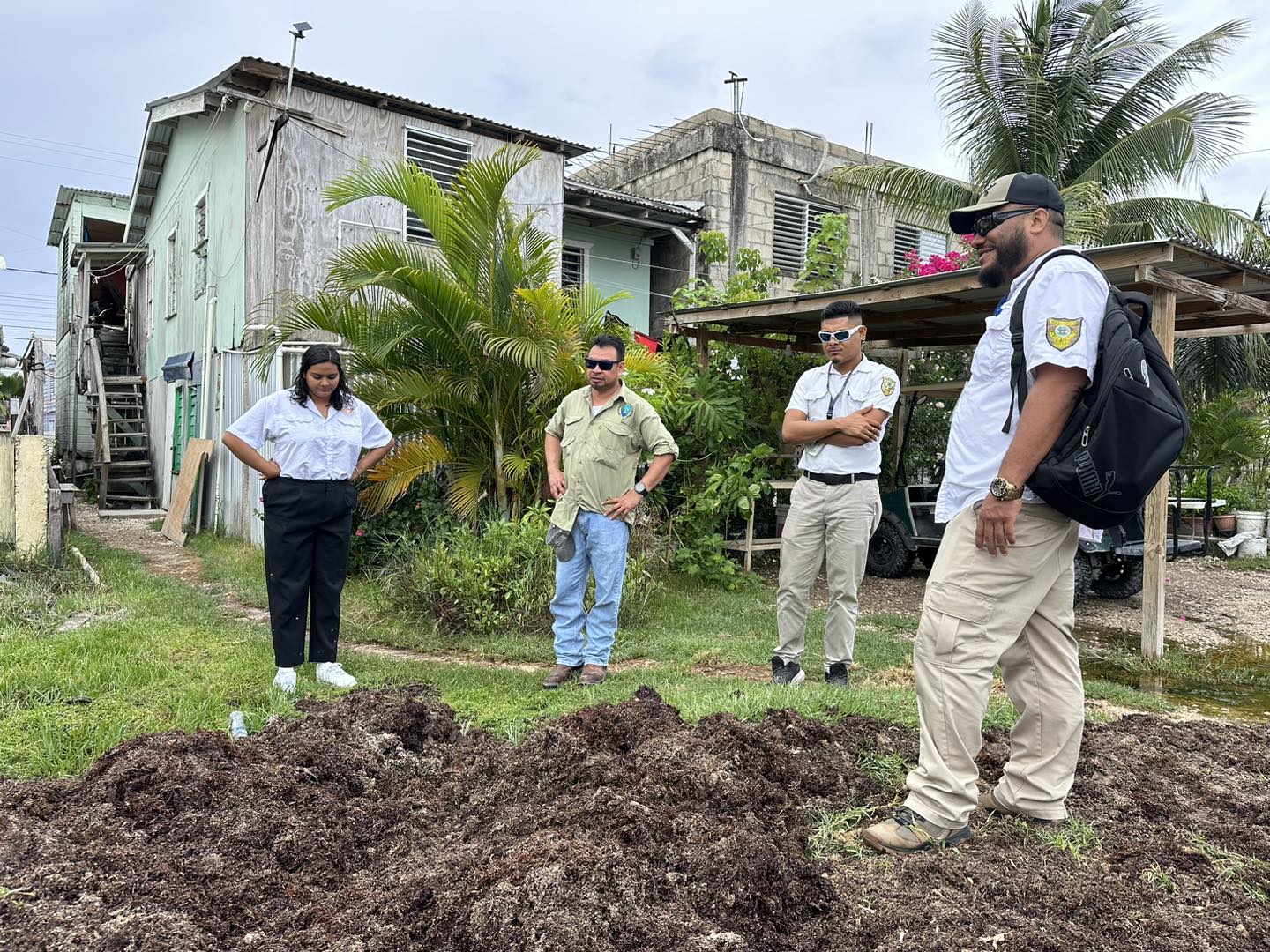
The problem centers on the improper disposal of both black water (from toilets) and grey water (from showers, kitchens, laundries, and more). According to the Council’s outreach efforts, many households and businesses are disposing of waste directly onto public lands, streets, or neighboring properties, thereby bypassing mandated wastewater disposal systems, such as soakaways and approved treatment facilities. Despite claims by some residents that they were unaware of these prohibitions, authorities contend that most offenders are aware that their actions are unsafe and illegal. Health risks are serious, with council members highlighting situations where children are exposed to untreated waste on recreational grounds. Reports cited in public discussions describe pipes from kitchens, showers, and even entire septic systems dumping effluent straight into communal areas, exacerbating foul odors and sanitary hazards.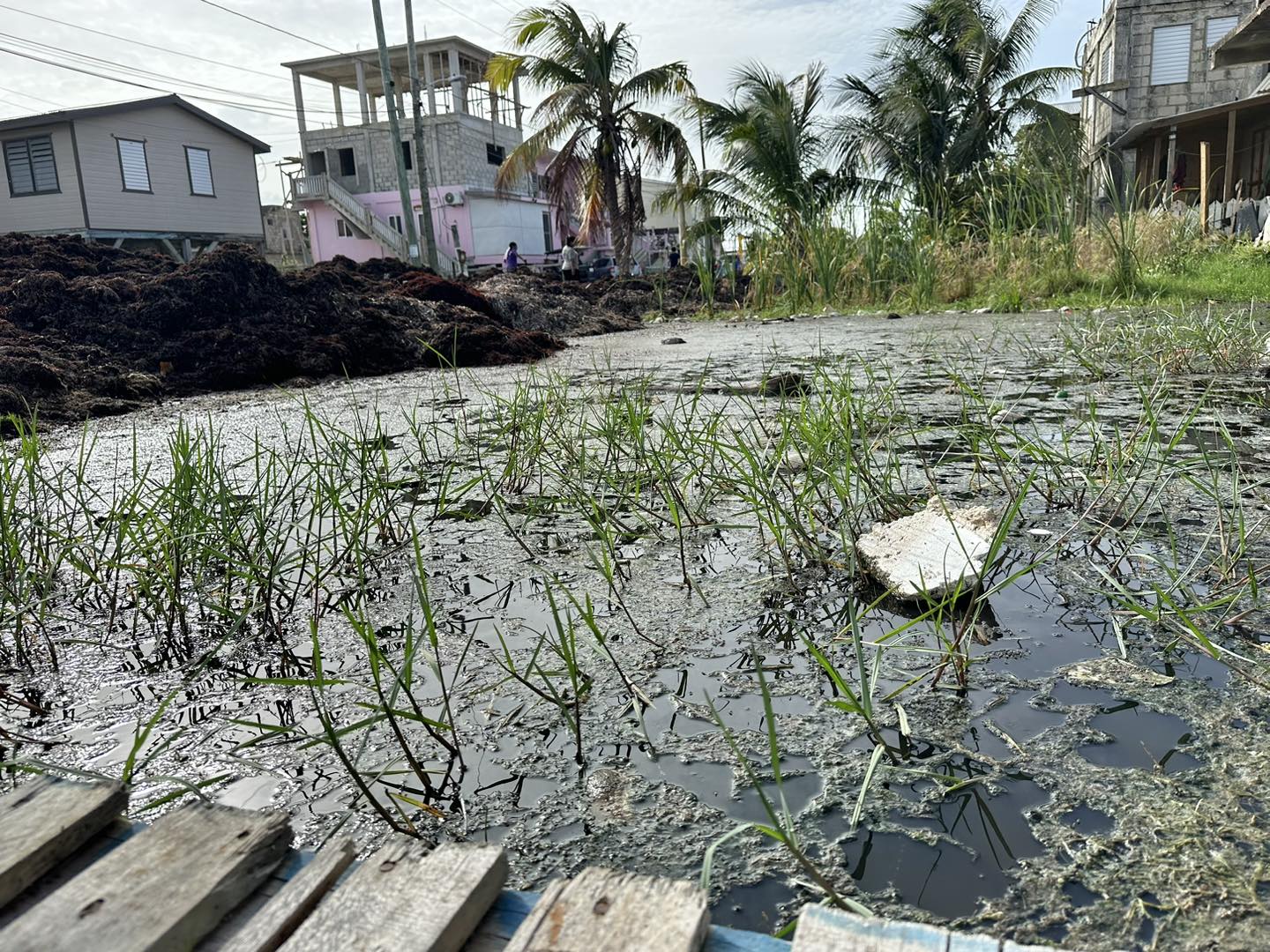
This is not a problem of legislative absence. Belize’s Environmental Protection (Effluent Limitations) Regulations, enacted under the Environmental Protection Act (CAP. 328), provide clear rules: No individual or business is allowed to discharge effluent on the soil or surface of any land or into inland or marine waters without express, written permission from the Department of the Environment (DOE). Household systems, such as septic tanks and soakaways, are recognized provided that they are fully functional and up to code. Licenses are required for any discharge aside from approved on-site absorption systems, and the law carries penalties of up to $5,000 or two years in prison for violations. The Department of the Environment may require detailed reporting, inspections, and sampling to monitor compliance, although resource constraints limit enforcement capacity.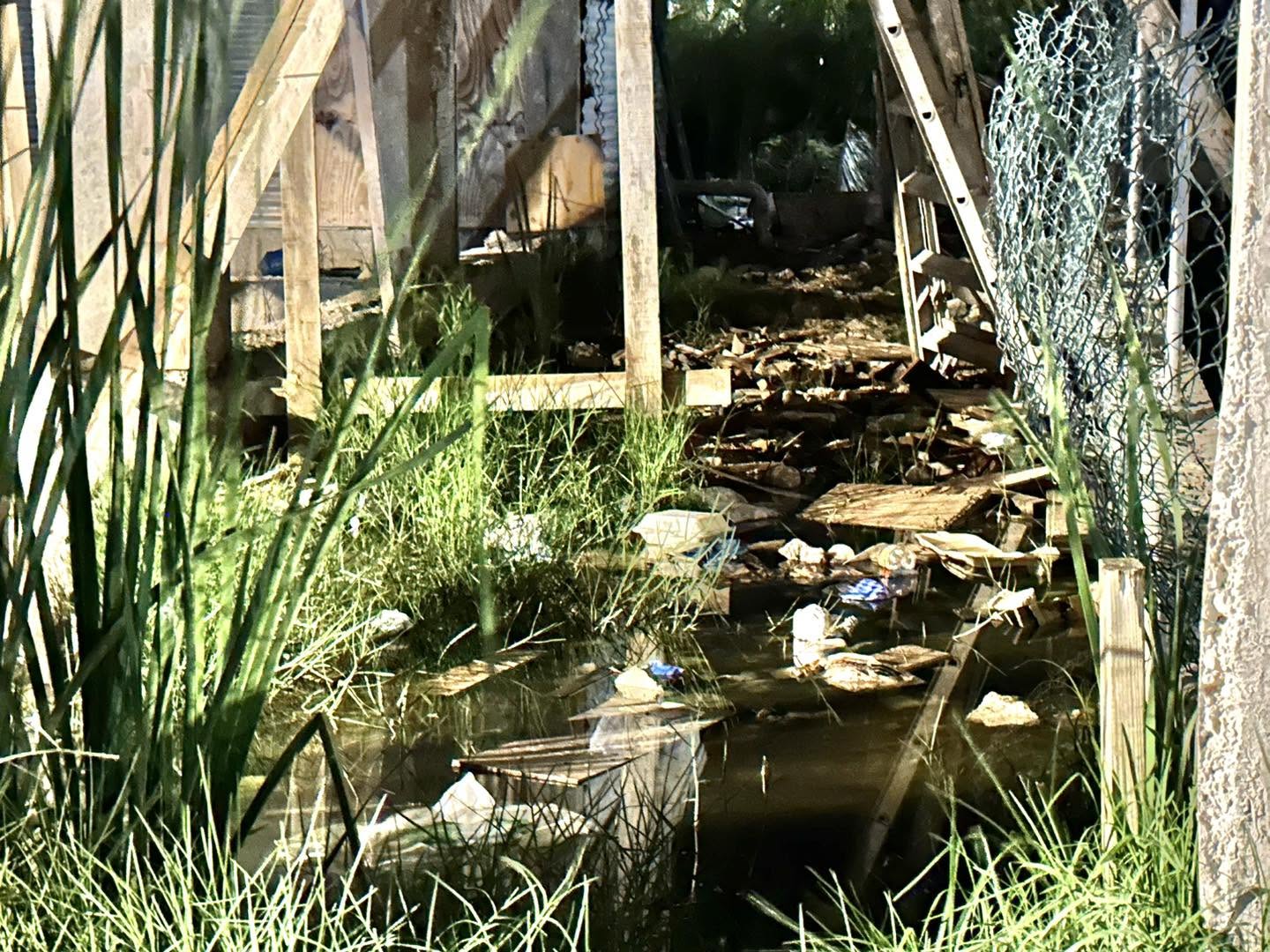
The push for compliance involves a dual strategy. Council officers have been conducting door-to-door awareness campaigns, explaining the regulations and voluntary compliance options, and posting public notices to inform the community. While the emphasis is on dialogue and education, local officials acknowledge that repeated warnings and slow responses from the central government have prompted them to consider joint enforcement measures with the DOE. The Council is seeking a memorandum of understanding with the DOE, potentially authorizing municipal officers to conduct inspections and issue citations.
In one high-profile incident, a sargassum disposal site became a focal point for complaints. The area, intended for clearing organic matter, experienced a sudden increase in odors and concerns following unauthorized dumping and effluent leakage. Investigations revealed not only site-specific mismanagement but a community-wide pattern of illegal releases into the environment.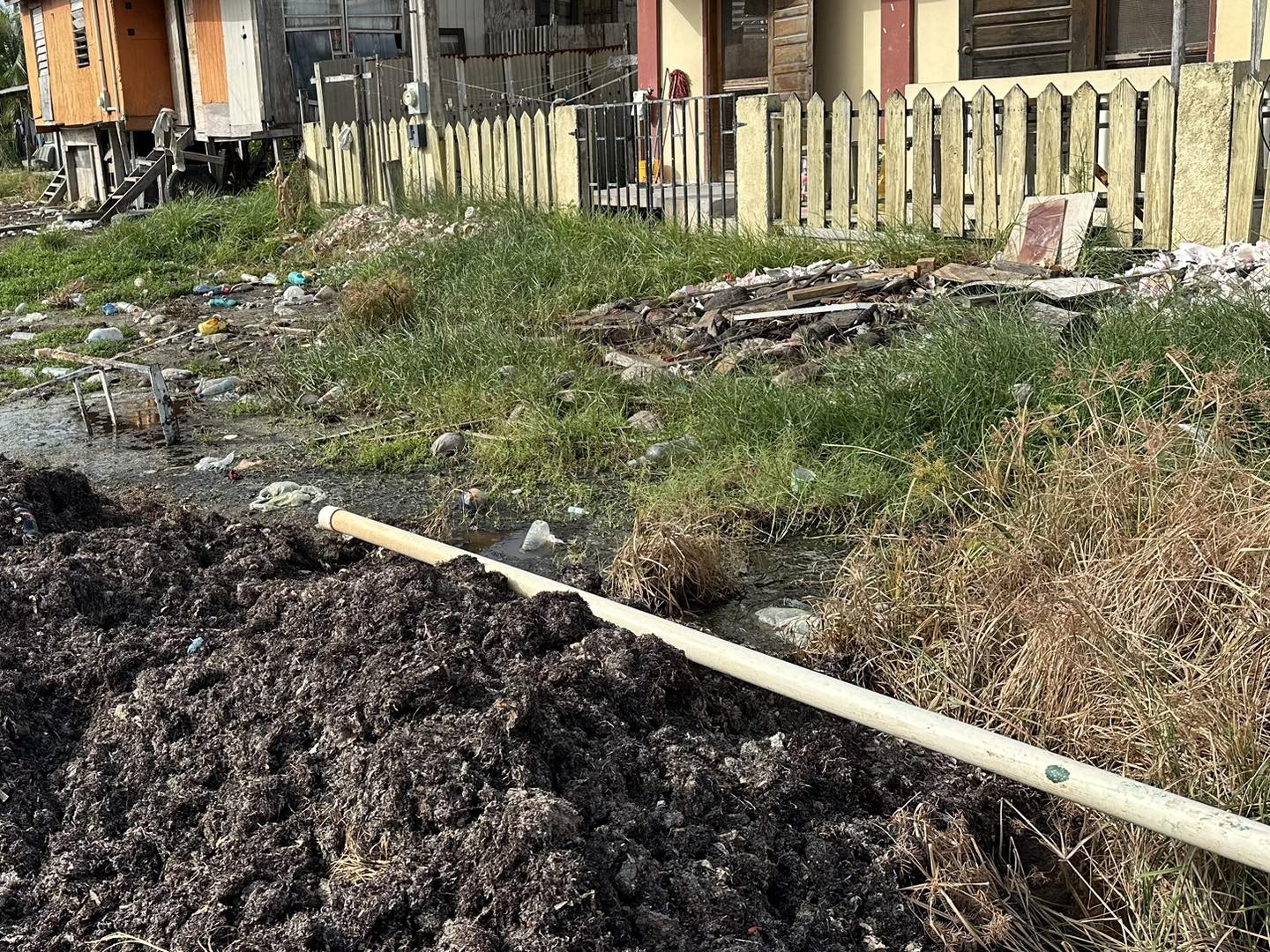
For San Pedro, the challenge is twofold: addressing decades-old infrastructural failures and changing community behavior. The Council’s message is clear: “Voluntary compliance is preferable to legal action, but the status quo is no longer tolerable.” The coming weeks will be a test of whether public pressure, direct outreach, and updated enforcement practices can finally make clean, safe neighborhoods a reality on Belize’s most populous island.
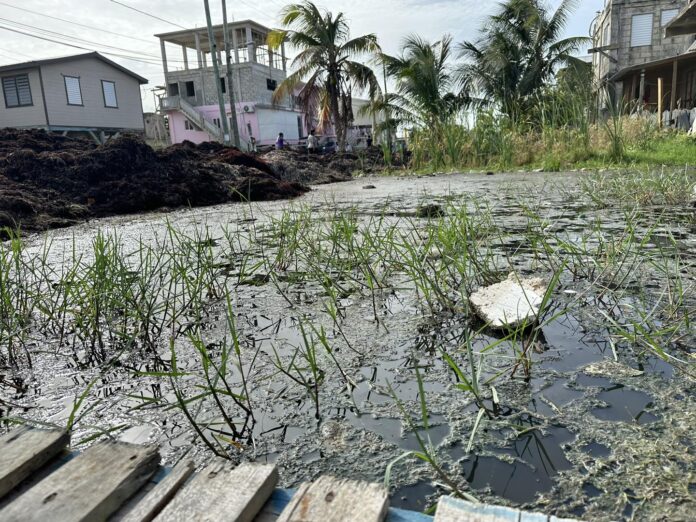
Share
Read more

